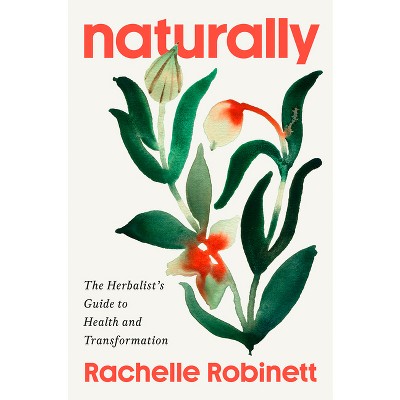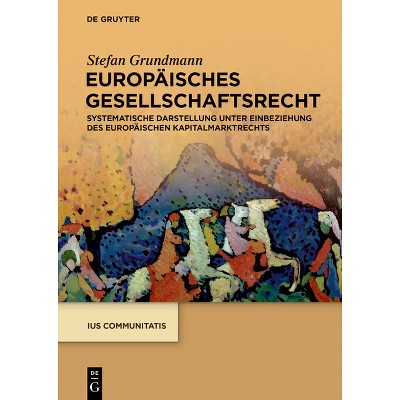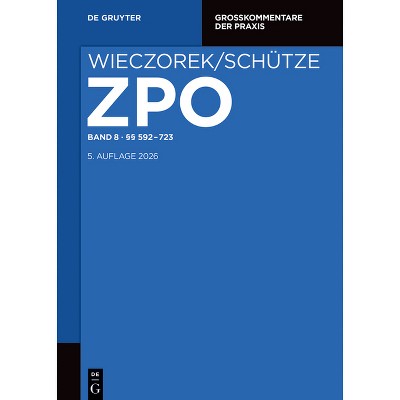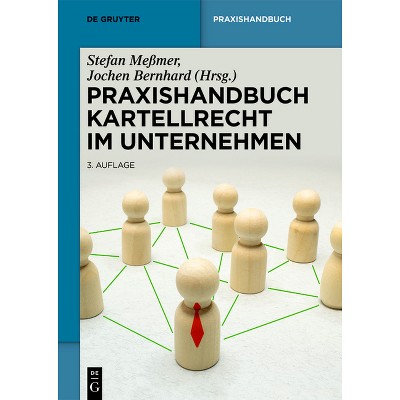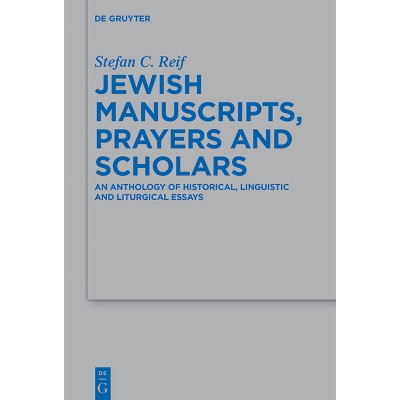Sponsored

How Metaphors Shape Biotechnology - (Health Academy) by Stefan Dübel & Stefan Heuser (Hardcover)
Pre-order
Sponsored
About this item
Highlights
- This volume presents the proceedings of an interdisciplinary workshop at Technical University Braunschweig.
- About the Author: Dr. Stefan Dübel, born in 1960, is full Professor of Biotechnology at the Technische Universität Braunschweig, Germany.
- 218 Pages
- Medical, Allied Health Services
- Series Name: Health Academy
Description
Book Synopsis
This volume presents the proceedings of an interdisciplinary workshop at Technical University Braunschweig. Focusing on biotechnology, experts from biology, biotechnology, ethics, philosophy, theology, education, and social sciences investigated how metaphors shape scientific language. They examined conceptual, absolute, and hidden metaphors (e.g., "genetic scissors," "genetic code," "antibody," and "life") in molecular biology and biotechnology, exploring their roles in describing phenomena, guiding research, and influencing public perceptions. Through presentations, discussions, and collaborative writing, participants investigated how metaphors generate and transform knowledge, affect views of life and therapy, and inspire innovation. This volume synthesizes key findings, analyses, and writing conversations in both German and English, integrating systematic metaphor analysis with ethical, philosophical, and pedagogical perspectives on the significance of metaphors in biotechnology research and dissemination. Special attention was paid to metaphors' role in public communication, potentially determining acceptance or rejection of biotechnological advances. Ultimately, the workshop underscored how metaphors influence scientific progress in multiple ways and therefore require critical reflection.
About the Author
Dr. Stefan Dübel, born in 1960, is full Professor of Biotechnology at the Technische Universität Braunschweig, Germany. He co-pioneered in animal-free antibody selection technologies, including antibody phage display, human naive antibody libraries and antibody libraries with randomized CDRs. His contributions to human antibody engineering, phage display, in vitro evolution resulted in >300 publications and >25 patent applications. He is editor of the four-volume reference "Handbook of Therapeutic Antibodies", the textbook "Rekombinante Antikörper" (2019, Springer VH) and other antibody engineering books. So far, two antibodies generated in his lab reached clinical use for the treatment of cancer and COVID19.
Dr. Stefan Heuser, born in 1971, is Professor of Systematic Theology and Ethics in the Institute for Protestant Theology and Religious Education at the Technical University of Braunschweig, Germany. His current research focuses on the ethics of technology, bioethics, care ethics, social ethics and educational ethics. He recently published the edited volumes "Zusammenwirken von natürlicher und künstlicher Intelligenz: Beurteilen - Messen - Bewerten" (2025, Springer VS) and "Von der Krise zur Kritik. Theologische Sozialethik und Soziologie im Dialog" (2024, Evangelische Verlagsanstalt).
Shipping details
Return details
Trending Non-Fiction


